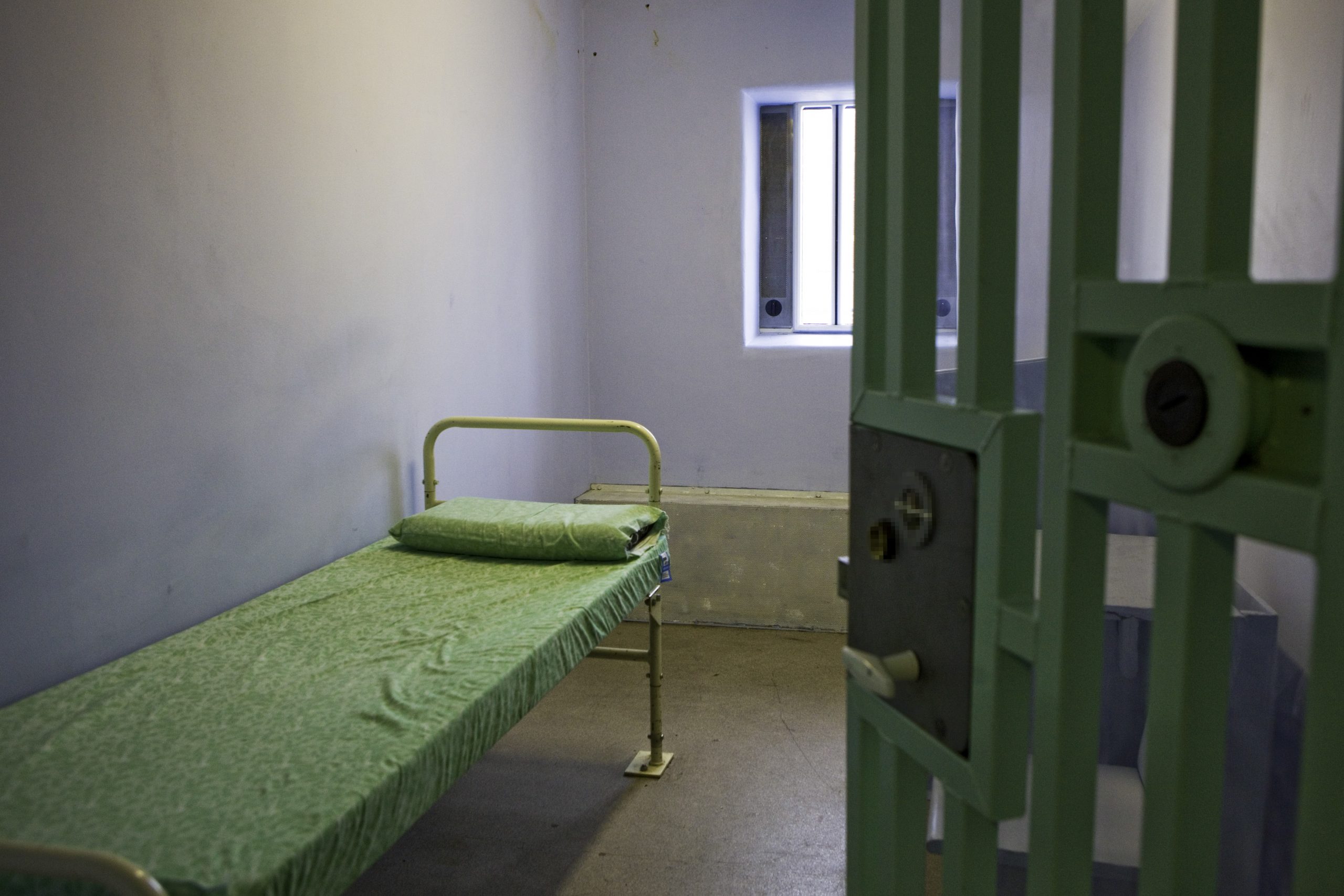New provisions have come into force to end Imprisonment for Public Protection (IPP) sentences, described as the ‘single greatest stain on the criminal justice system’.
Almost 2,000 people serving controversial lifetime licenses will have their sentence terminated immediately. The measure applies to those who have been released for at least five years and who have been out on licence for two years.
The reforms were announced by the previous justice secretary, Alex Chalk, in an attempt to address the scandal of people languishing in jail indefinitely, despite in many cases not having committed serious offences.
IPP sentences were introduced in 2005 to keep offenders who were deemed dangerous detained beyond the end of their tariff (the minimum period they have to serve in prison). The sentence was abolished in 2012, but the abolition did not apply to those already serving it.
As of July this year, 2,700 prisoners, 99% of whom are serving time beyond their initial tarriff, remain on IPP sentences.
These new provisions were introduced by the Victims and Prisoners Act 2024 and have come into force on 1st November, described as ‘a long-awaited day’ by the Howard League for Penal Reform.
Children serving the parallel Detention for Public Protection (DPP) sentences will also benefit from the new provisions. Children who have been released for four years and have been on licence for two years will have their sentences terminated immediately.
Further changes are coming into force on 1st February 2025 when IPP prisoners are expected to become immediately eligible for a licence termination review by the Parole Board. This will take place seven years earlier than they would have under the previous provisions (or eight years for those serving DPP sentences). This will impact an approximate 600 people.
In July an open letter to the justice secretary from 70 civil society organisations highlighted the impact that IPP sentences are having on prisoners’ mental health. Fear of being recalled has led to the suicide of at least 31 people in the community since 2019. Since 2005, there have also been 90 IPP prisoners who have taken their own lives in prison. It describes it as ‘shocking, but not surprising’ that three separate coroners have highlighted the potential contribution of IPP sentences to suicides.
The Justice Gap reported in June that an IPP prisoner was undertaking a second brutal hunger strike, and one set himself on fire in an attempt to take his own life, raising fresh concerns about the sentence.
The Howard League has launched a hotline in October to give confidential advice to those on IPP and DPP sentences along with their families and friends.







